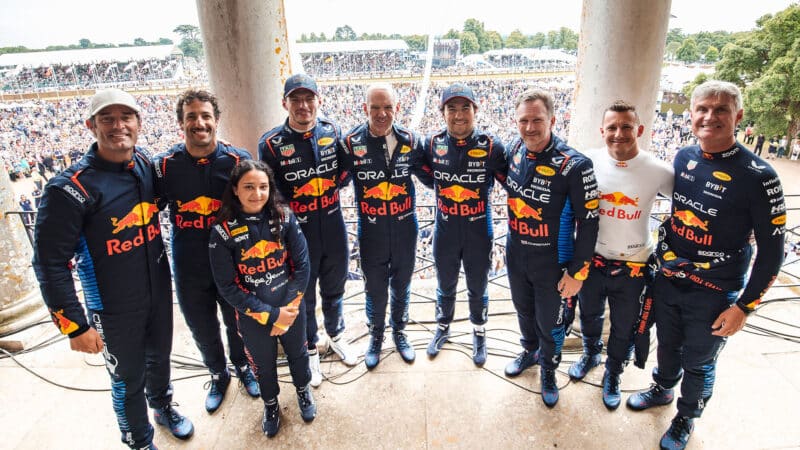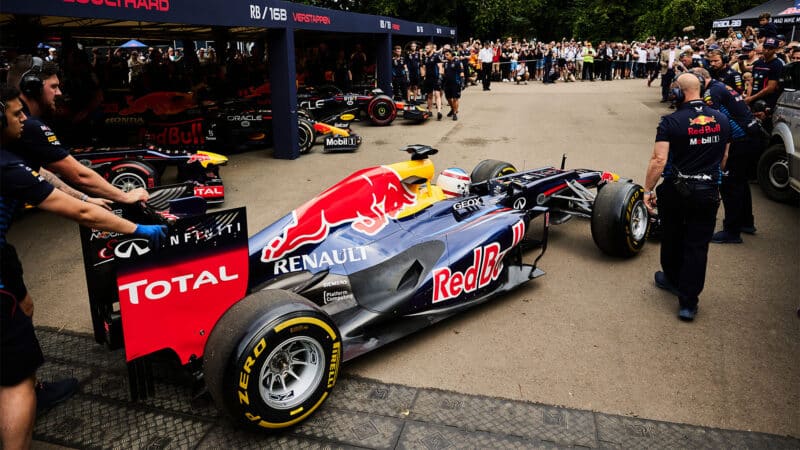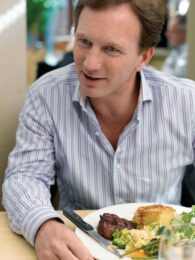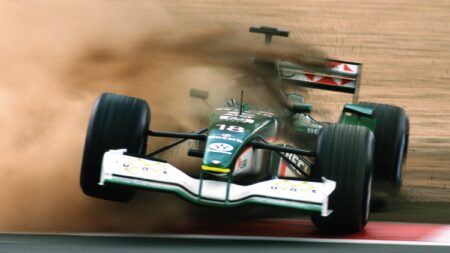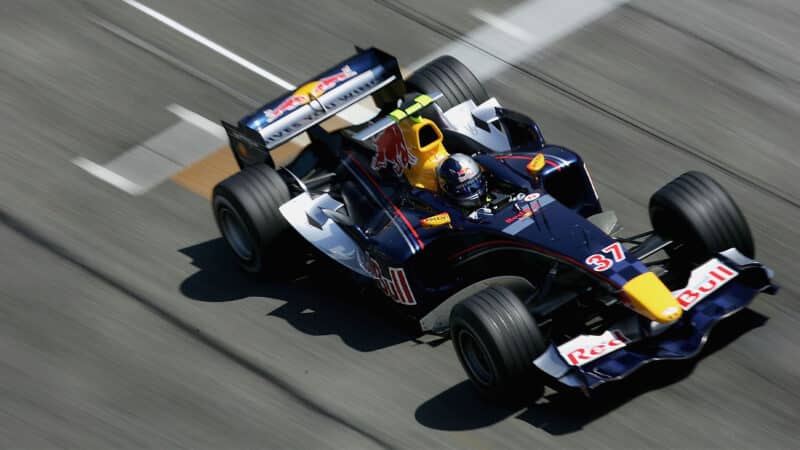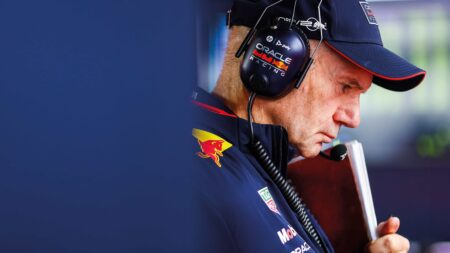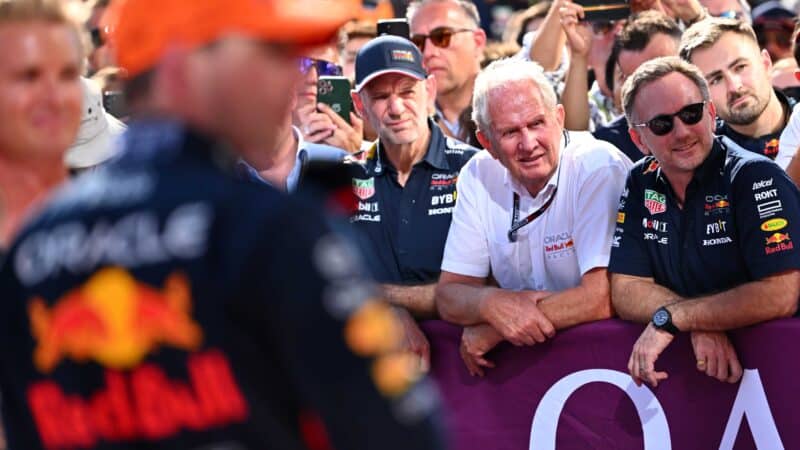“It was very ‘British’ back then,” he recalls. “It had some good people, but it was clearly a midfield team.
“There was a long distance between Detroit and Milton Keynes, and long distances to sign off big decisions.”
Klien managed one points finish in the whole of 2004, Webber clocking a handful more. After five seasons featuring a lot of pain and not many high points, Ford made the decision to jettison its flawed F1 endeavour for 2005.
Red Bull had previously owned 60% of Sauber but had since sold up, and wasn’t entertaining the idea of buying a full blown team, so Klien says.
“It’s funny, a couple of months Marko was telling me that it was only because of me [being at Jaguar] that they saw the opportunity to buy that team,” he says.
“It wasn’t really the plan to start their own team. But when they found out they could buy Jaguar – for $1 – pretty quickly they came to the conclusion they should do it.”
Klien says that the change of management, with Tony Purnell and managing director David Pitchforth removed in favour of a 31-year-old Christian Horner, had an instant effect.
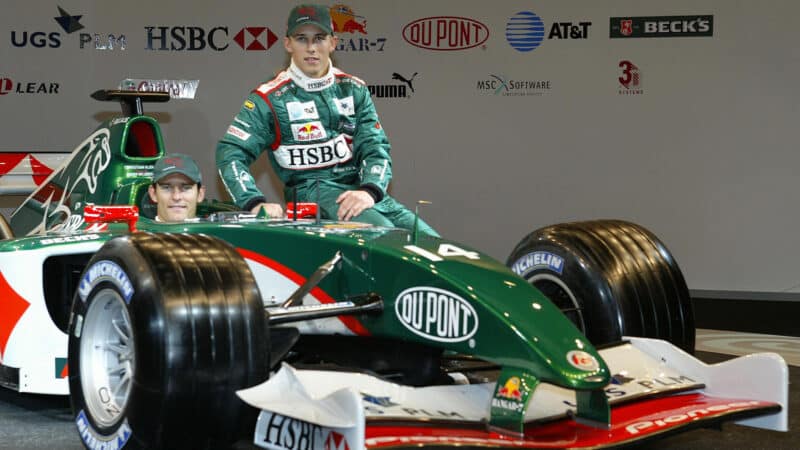
Klien and Webber at Jaguar launch in 2004
“It was like a fresh breeze coming,” he remembers. “It probably took a little while to have all the team members behind the vision that this Austrian guy from Salzburg has for a Milton Keynes based-squad.
“But there was a good energy in the team, especially scoring points straight away from the first race in Melbourne. Luckily we had a good car!”
With Coulthard replacing Webber, he and Klien took fourth and seventh on the team’s debut at the 2005 Australian GP.
It’s own Red Bulletin publication features a typical Coulthard quip on his new boss’s reaction: “I remember Christian giving me a hug like I’d never been hugged before… by a man anyway!”
The team would score 34 points in its first year in 2005, some improvement on Jaguar’s nine from the previous season.
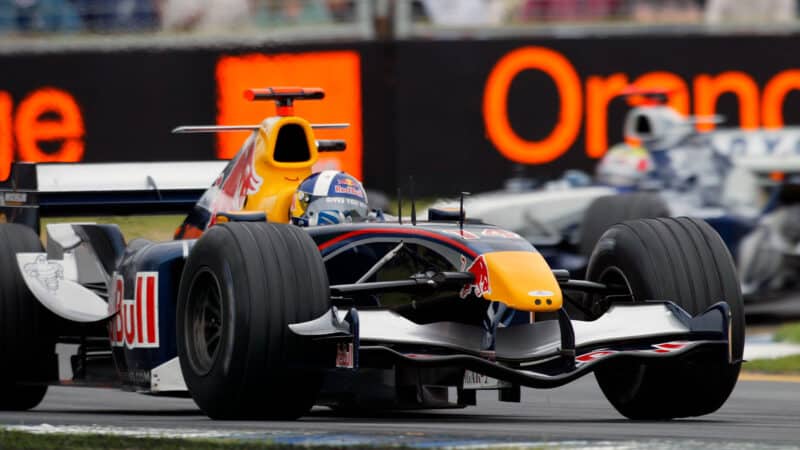
Coulthard came home fourth on debut for Red Bull in 2005 – Klien finished seventh
Grand Prix Photo
However, things were changing off the track too, as Horner explained to Motor Sport in 2012.
“The Red Bull recipe for having a good time had arrived in the paddock,” he said. “That came from Dietrich. Inside the stiff, corporate environment that F1 had become, he wanted to display the core values of Red Bull, wanted his team to be non-conformist.
“The Energy Station motor home, which arrived at the first European race of the year, was his idea.
